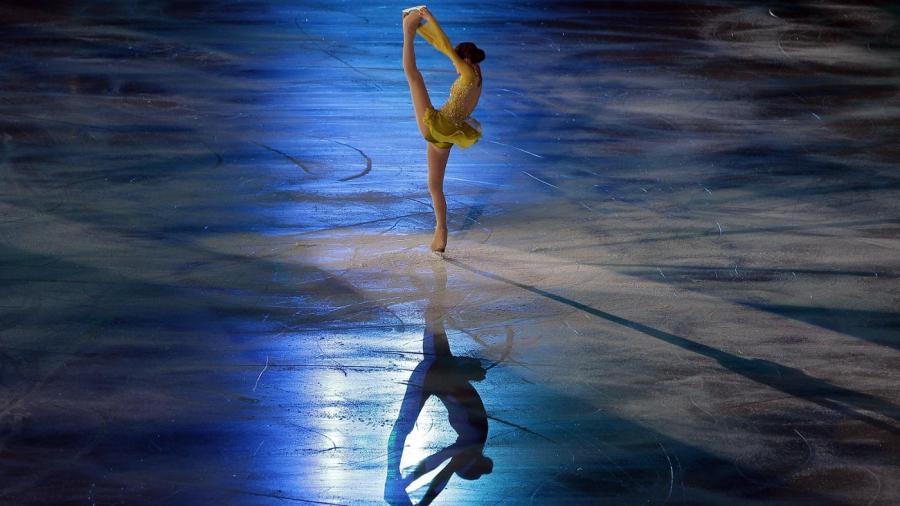Why Are the Olympic Games So Important?

The Olympic Games are about sporting competition but also about getting to know other cultures, recognizing the similarities and accepting the differences. With a long Olympic background rooted in history, countries around the world unite.
The Ancient Olympics Started it All It all started in 776 B.C. in Olympia, Greece, and the Olympics back then were more of a dedication ceremony to Olympian gods. There was only one sporting event that was in a stadium, was similar to today’s 200-meter run and only Greek descendants could participate. This gradually changed allowing Roman citizens to participate. The Games were religious festivals worshiping the mythological Zeus, the leader of the gods. After a dozen centuries of these games or festivals, they were halted by Emperor Theodosius around 393 A.D. in an effort to end worshiping pagan gods. Olympia began to fall apart and was eventually buried. In 1829, archaeologists discovered remains of Olympia, the origin of the Olympic Games.
The Evolution to the Modern Olympics The modern Olympic Games began in 1896 in Athens, Greece, held in the Panathenaic Stadium. The competition included 241 athletes, 14 nations and 43 events. They are held every four years with winter and summer events that have a two-year lapse. So, every two years there’s a winter or summer Olympic competition held but four years between each summer gathering and four between each winter gathering. Locations rotate around the world so are no longer held in just one area. This is another way to draw the world together while experiencing the cultures of different places and appreciating the dedication of all the athletes regardless of their home country. A committee works together to put all the foundations in place and to ensure regulations are met. Representatives from around the globe serve on this cohesive team which is another important component.
Today’s Summer Olympic Games The number of events in the summer Olympics continues to grow, just like the number of countries and athletes participating. Events include canoeing, cycling, golf, gymnastics, rowing, swimming, diving, handball and weightlifting to name a few. There are more sporting events in the summer than in the winter.
Today’s Winter Olympic Games The Winter Olympic Games include a number of competitive sporting events conducive to cold weather. This includes ice hockey, skating, skiing, snowboarding, curling and luge. The scenery is beautiful to watch on television or in person with the snow and ice that winter brings to some of these countries.
Award Medals and Honors The best of the best come together to compete for medals. Spectators travel to the designated locations just to watch the incredible competition. This is another way that the Olympic Games are important as it brings revenue to the hosting cities. Athletes compete for the first-place gold medal, second-place silver medal and third-place bronze medal. However, it’s an honor to compete with or without a medal. These elite athletes train intensely for most of their lives in order to compete. However, one mistake or an injury can break the results. The world has to come together just watching the athletes regardless of their homeland and appreciate the diligence and athleticism.





